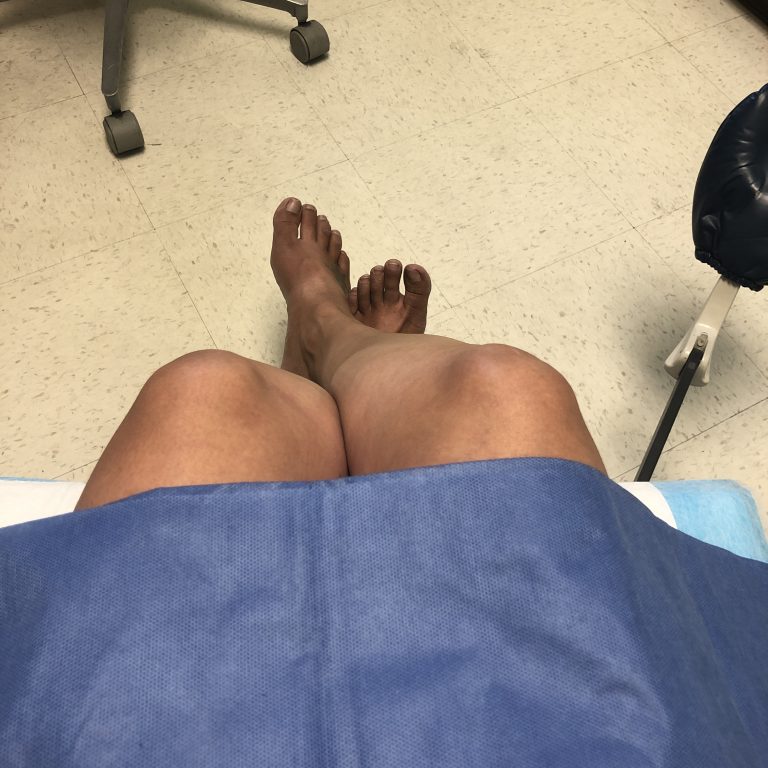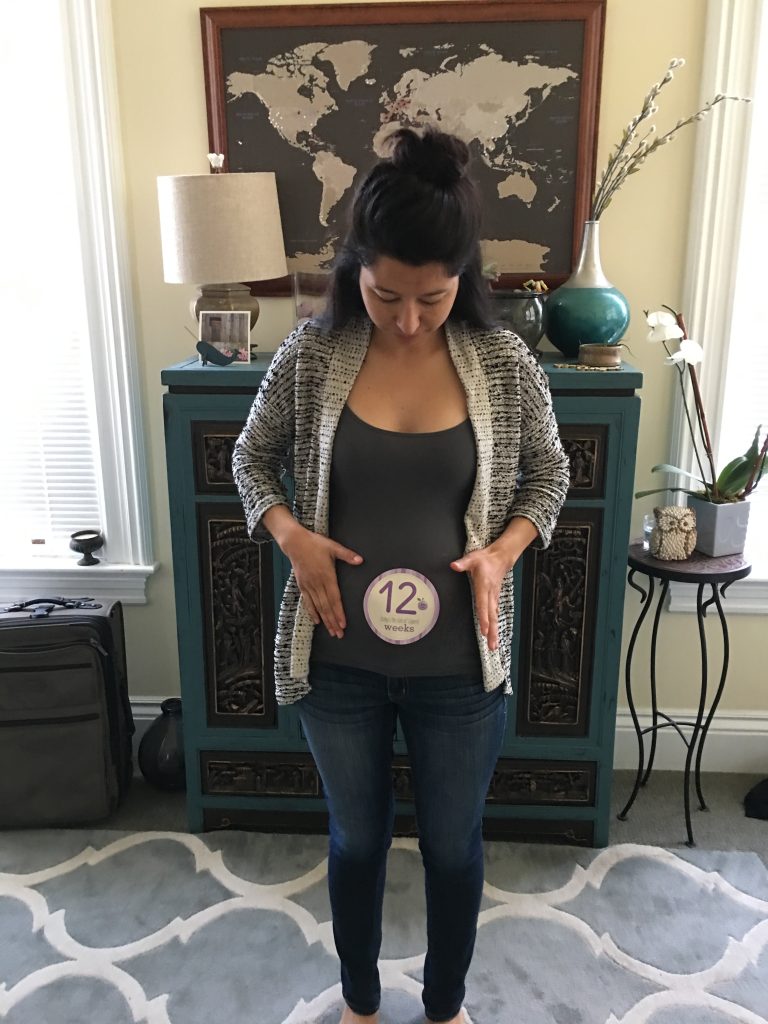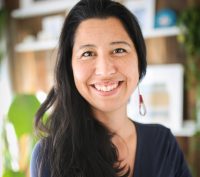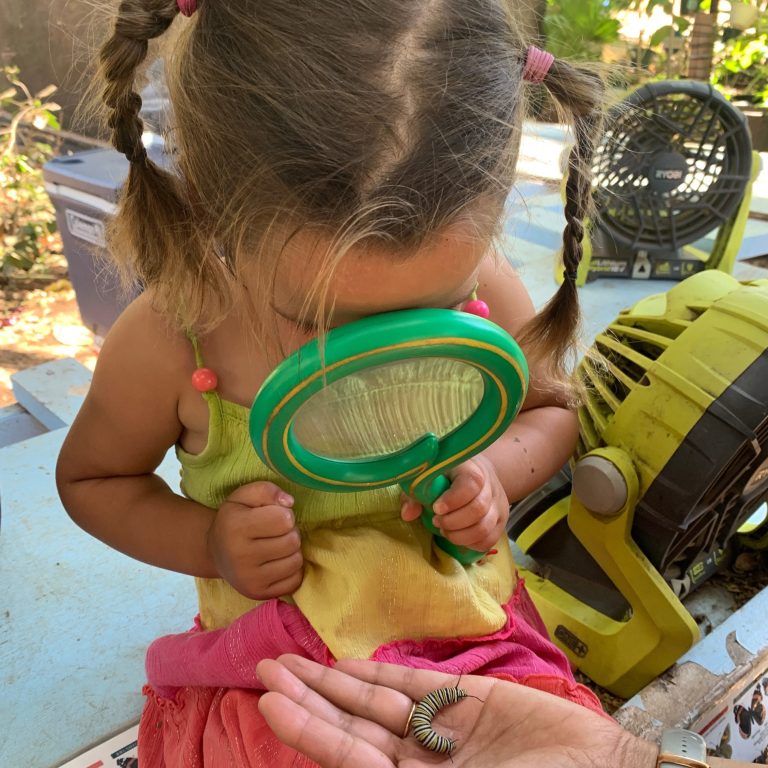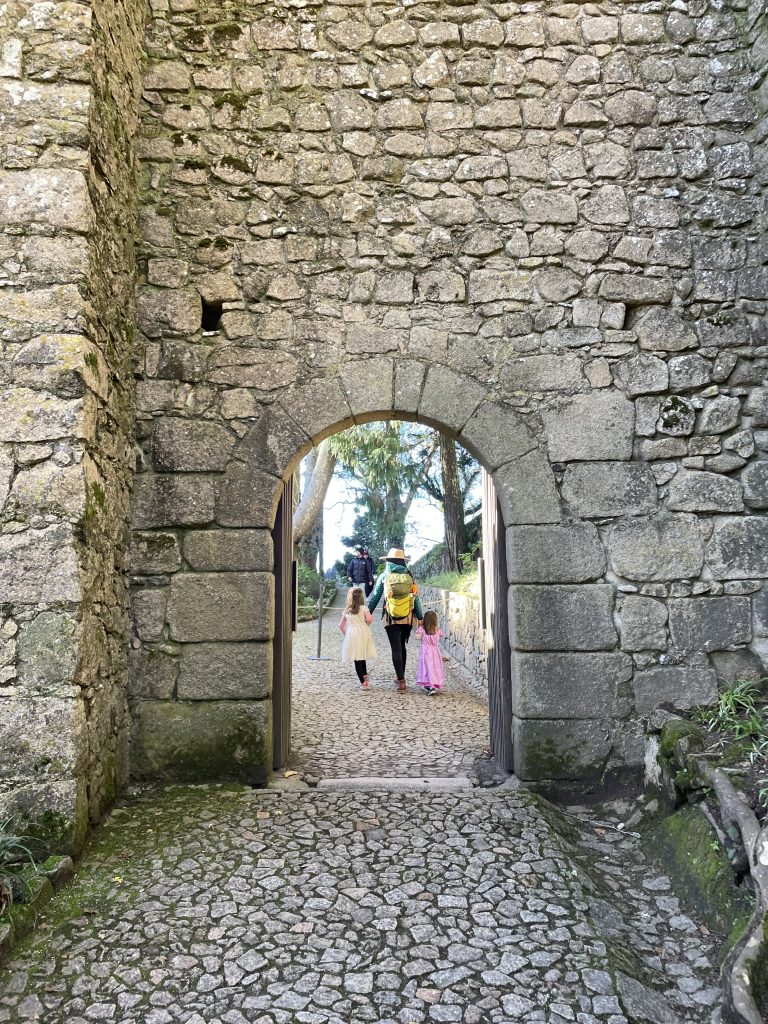My first pregnancy was a surprise. A fertility specialist told me I could never have kids unless I used a donated egg or adopted. Then, after acupuncture and many prayers, I somehow defied all odds, got pregnant, and delivered a healthy miracle baby at home.
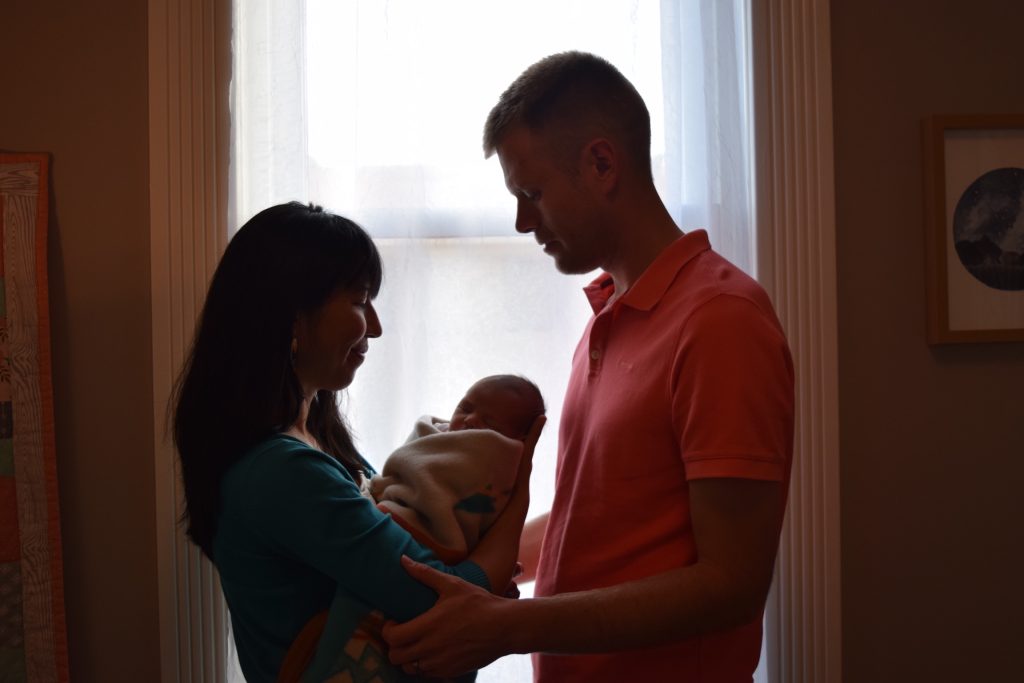
I thought I couldn't be any luckier.
Since my miracle baby might have been my one shot at motherhood, I decided I was going to do all that I could for my baby—like co-sleeping and breastfeeding—for as long as I could.
I continued to nurse my sweet baby until well after she was 18 months old, and my period still had not come back. The fertility folks thought the delay in the return of my menstrual cycle could have been caused by early menopause, which was the presumed reason for my body’s inability to get pregnant the first time. Another reason could have been that for some women, the hormones produced while nursing signals to their body not to release any eggs and to stall the return of a period.
So which was it?
Since we couldn’t pinpoint my exact condition, I decided I would stop nursing when my baby was two years old and see if reducing the release of hormones would improve my chances of a second pregnancy.
Three months before my kiddo’s second birthday, on a family trip to Norway, my period came back! There must be something about the all-powerful Thor; that Norse god has awoken my uterus twice now from deep menopause slumber.
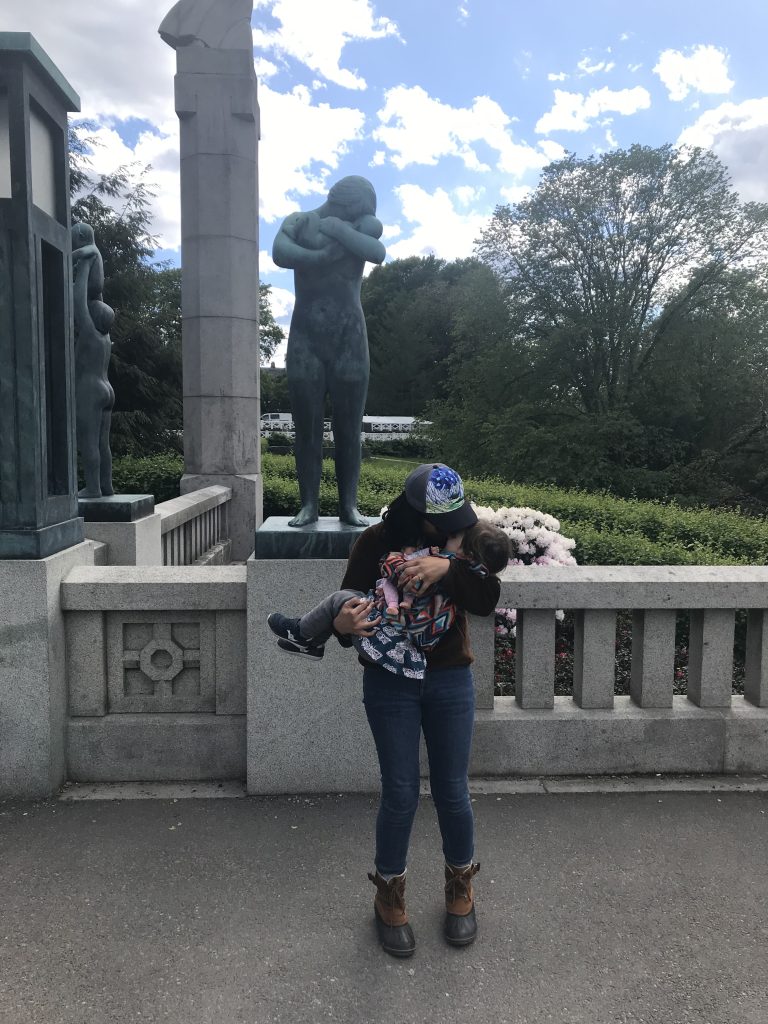
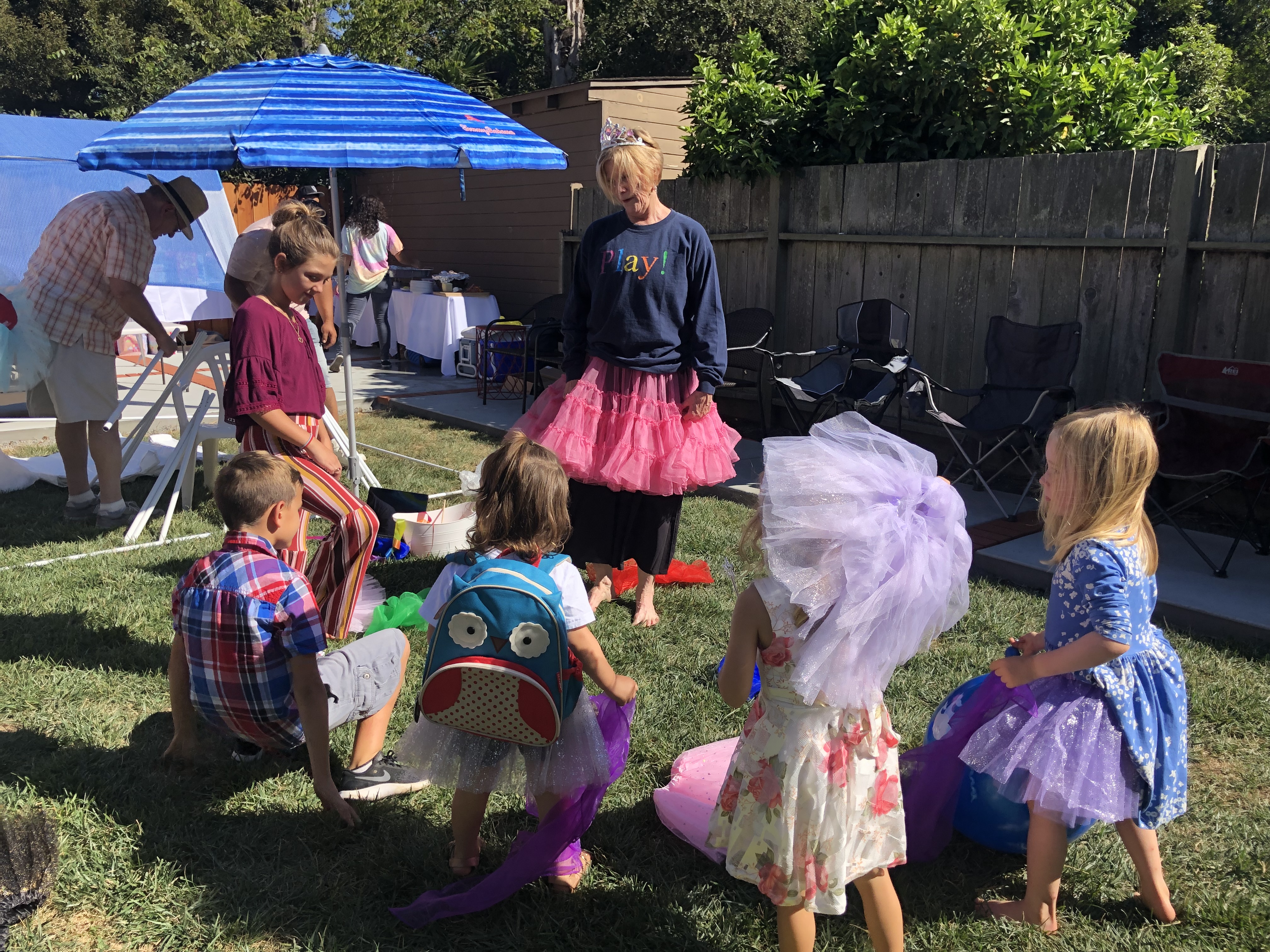
Within one cycle, I got pregnant.
Eight weeks later, on my kiddo’s birthday, I started to bleed. This time, there was no mistake or surprise fetus inside; I was miscarrying.
I miscarried while our combined family and friends were celebrating at our miracle baby’s second birthday party at our house.
We had fifty guests and one bathroom—one bathroom that I needed for many painful, sad, urgent, bloody moments, as that little life and the hopes that it embodied left me.
Only my husband and my mom knew what was going on. They both tried to help me and the party while I put on a “nothing is amiss” face.
But everything was amiss!
I was worried this was a sign.
Was this a sign that my body couldn’t have another baby? Would I be able to get pregnant again? Was this my last chance?
At the doctor’s office a few days later, my OB said she had four miscarriages and two healthy babies. She basically told me to suck it up.
“This happens to everyone. It is totally common,” she said.
Ok, thanks for normalizing it, doctor, but that didn’t exactly make me feel better.
Then I began to tell my story.
As I told others about my miscarriage experience, I learned about many friends and colleagues who had experienced miscarriages. Some told stories of miscarrying at work, during important meetings, while on a plane, or before a party or event—alone, not telling a soul, and continuing through life as if nothing even happened.
Why do we do this to ourselves? Why don’t we talk about miscarriages more openly and allow our communities to support us? Miscarriages are so common that about 1 in 8 women experience one, so we are not alone, yet when we experience one it feels so very lonely.
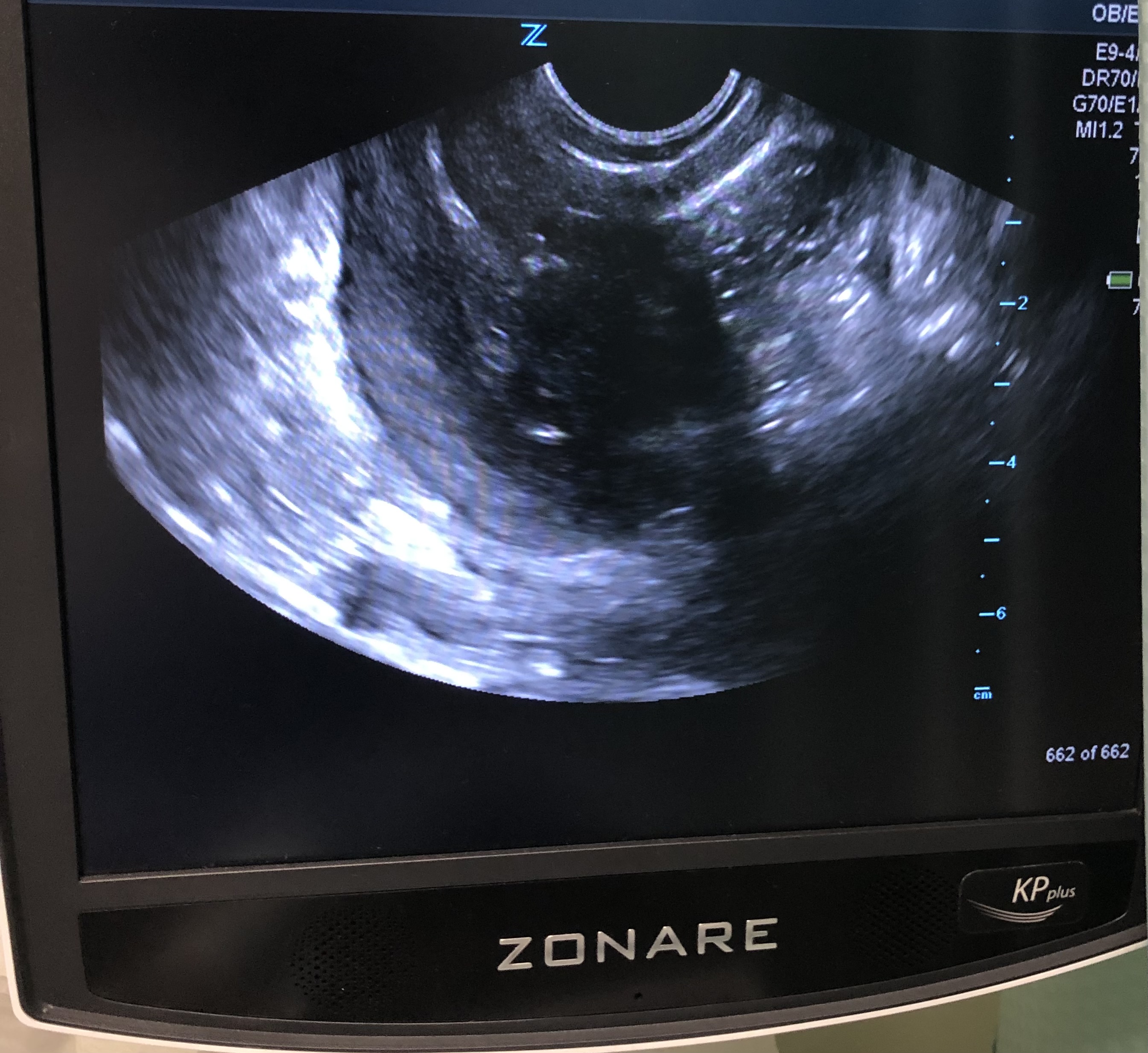
There are a few reasons why I didn't tell anyone at first.
- Guilt – Was it my fault? Was there something I should have done differently? Another way people often refer to a miscarriage is to say, “I lost the pregnancy,” which indicates blame. I knew this was not true, but the thought still plagued my mind.
- A Need for Privacy – At the time I was experiencing the miscarriage in real time, there were way too many people at my house. I did not want to explain to everyone what was going on, as I would’ve if I had shared what was happening…
- Cultural Norms – Since miscarriages are common, especially in the first trimester of pregnancy, it has become standard practice to keep your pregnancy a secret up until the 12-week mark. Among other reasons, this is to prevent you from having to revoke your good news if the pregnancy isn’t carried to term; when someone breaks this tradition, we judge in shock about how “early” they shared the news of their pregnancy. The flip side, though, is that we are left to carry all the ups and downs of those first few weeks of pregnancy all on our own.
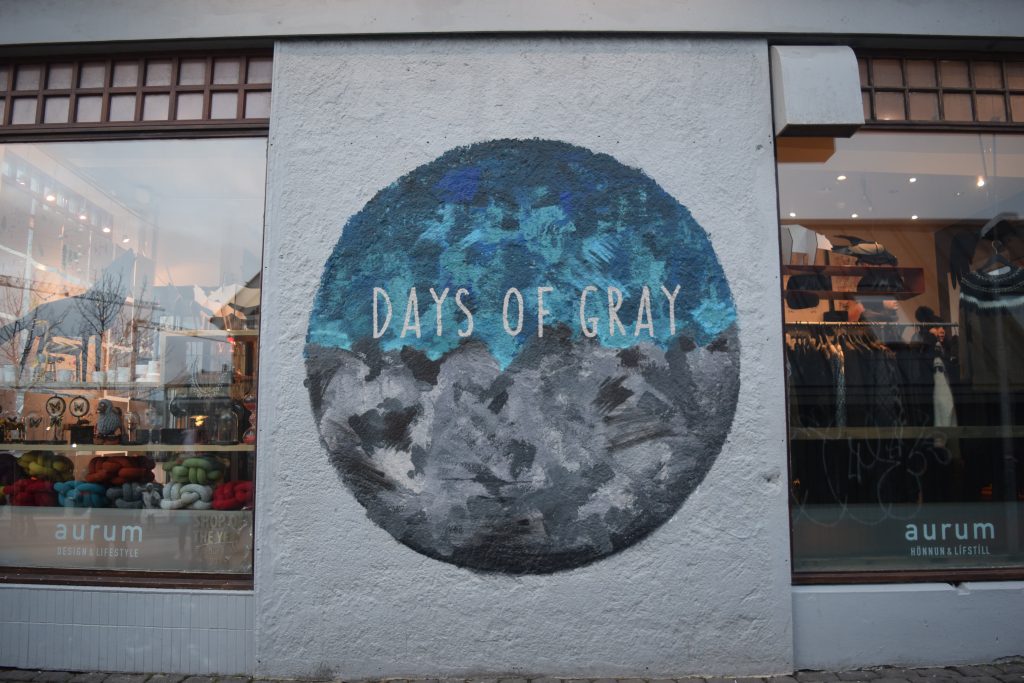
Talking about the miscarriage helped
I told a select group of friends and coworkers about my miscarriage a few days after it started and they brought me tea, vitamins, and a lot of hugs. I am forever grateful for the support I got from my coworkers and family in that time of need – because it is a loss; a physical and mental loss.
As I began to tell other friends about my miscarriage, and they shared their stories with me, I couldn’t help but wish they had told me about their miscarriages closer to when they actually happened so I could have supported them in the same way.
Once I started to open up after experiencing the miscarriage, I felt more connected to the women around me who had had similar experiences or could relate to my feelings. I read articles and saw my story in the stories of others.
It made me think more critically about what is “ok” and “not” ok to share. About how experiencing the miscarriage and sharing my story made others feel comfortable to share something they hadn’t previously with me. It made me want to scream “I had a miscarriage” on the rooftops and not worry who it made uncomfortable or sad.
It helped me to share my experience, and I hope it helps others to read this too.
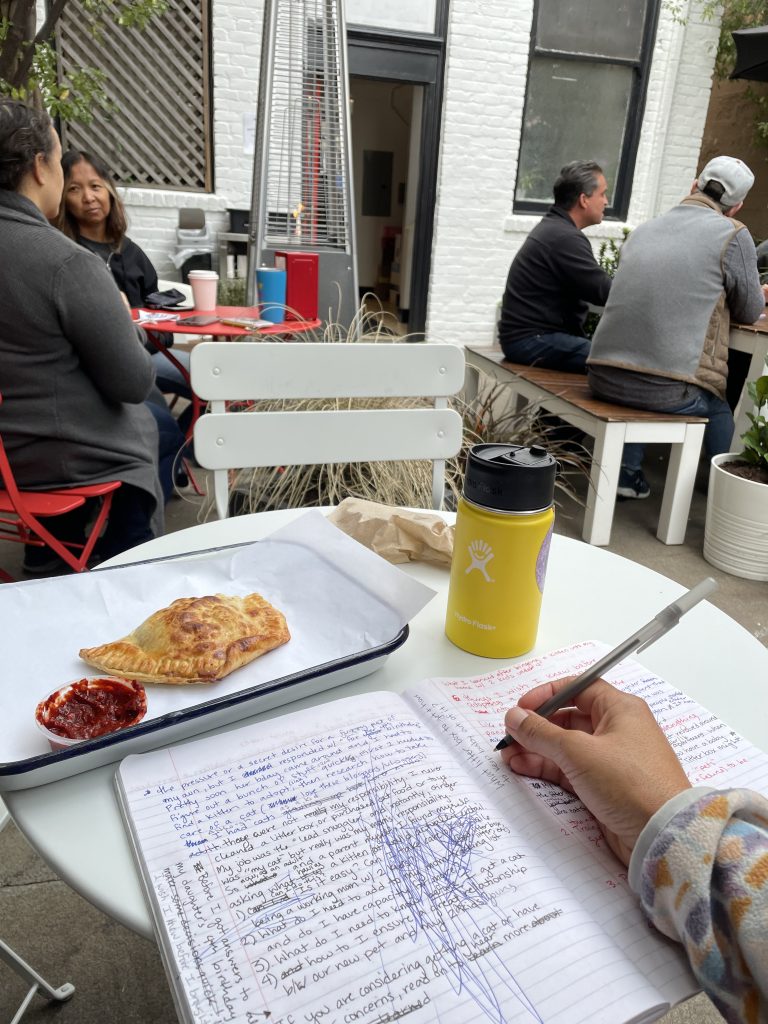
What surprised me most
What surprised me most about my miscarriage was how terrible I physically felt. Not only was the process bloody and messy, but I also felt like I got hit by a bus.
My body ached, my head felt heavy and tired, and then on top of it all, I still had to chase a toddler around.
What was I thinking? Did I really want to go through getting pregnant again?
Did I really want another kid?
Oh, but I did. I came from a family of three kids and wanted my child to have the experience of a sibling. Even though I was grateful that I gave birth to one healthy baby despite my infertility woes, and I was wary of the impact the journey of trying to get pregnant again could have on my heart, I knew I wanted to try for more.
So, I bought the Ava Women fertility tracker bracelet to help track my ovulation. When the app gave me the green light, it was “go time!”
I still wondered if my body could get pregnant. I just didn’t trust it anymore. But, I should have, because a few months later I walked into the doctor’s office and again was greeted by a little jellybean on a grey screen, flickering its heartbeat in a Morse code Hello.
Well, Hello to you too, little one.

Read the next installments of my “Road to Mamahood” series, where I share my journey from infertility to pregnancy, and then through two homebirths:
“Wait, I’m Pregnant?” How I found out I was pregnant after being told that I could never have kids. (Road to Mamahood Series, Part 2)
How I survived 28 hours of Labor at home – A heroine’s journey. (Road to Mamahood Series, Part 4)
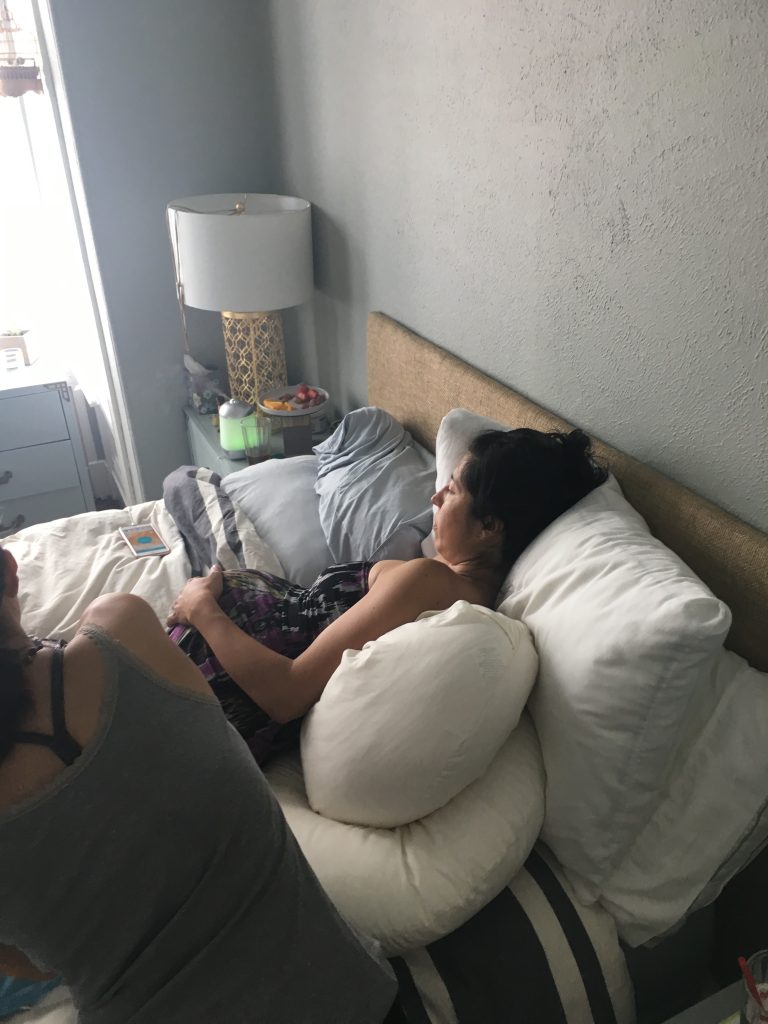
Puerto Rican & Indigenous mama of two. Bay Area native. Salsa dancer. Backpacker. Doula. Angel (she/her/hers) is a co-founding member of the Beautiful Brown Adventures team. She has traveled to over 30 countries and loves to explore the world with her two daughters & partner - one ice cream shop at a time.
-
Angelhttps://beautifulbrownadventures.com/author/angelcal/
-
Angelhttps://beautifulbrownadventures.com/author/angelcal/
-
Angelhttps://beautifulbrownadventures.com/author/angelcal/
-
Angelhttps://beautifulbrownadventures.com/author/angelcal/
You might also enjoy
 California Home Sweet Home: Our Fast and Amazing Water Birth Experience
California Home Sweet Home: Our Fast and Amazing Water Birth Experience
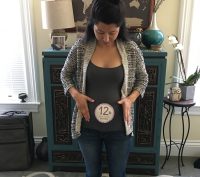 “Wait, I’m Pregnant?” How I found out I was pregnant after being told that I could never have kids
“Wait, I’m Pregnant?” How I found out I was pregnant after being told that I could never have kids
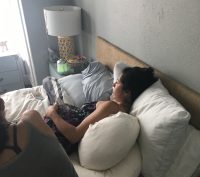 How I Delivered My First Baby Safely At Home With A Midwife
How I Delivered My First Baby Safely At Home With A Midwife
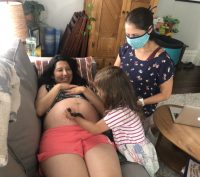 What You Need to Know About Home Birth
What You Need to Know About Home Birth
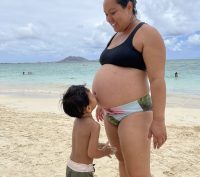 Unexpected Blessing: Our Unplanned Free Birth in Hawaii
Unexpected Blessing: Our Unplanned Free Birth in Hawaii

